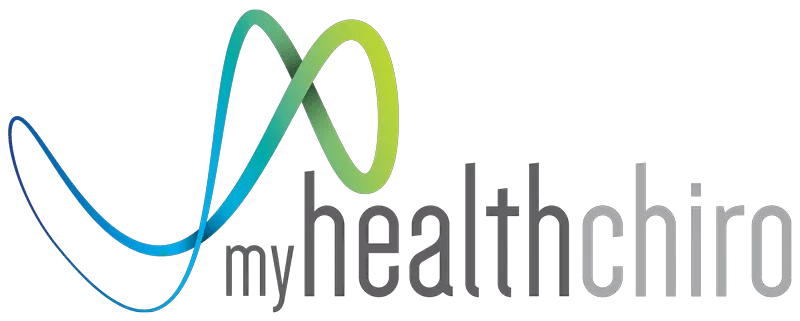We all know that pesky gut discomfort—the bloating, random inflammation, and
uneasy digestive days that sometimes hit out of nowhere. But did you know these
issues can be closely linked to the way your vagus nerve is performing? This nerve
is the unsung hero of your parasympathetic (or “rest-and-digest”) system. When it’s
working at its best, your gut is in harmony. When it falters, inflammation can flare up.
Vagal Nerve 101: Your Body’s Calm Communicator
Think of your vagus nerve as the ultimate communication highway between your
brain and your digestive system. It’s responsible for slowing your heart rate, kick-
starting proper digestion, and dialing down inflammation. In a state of optimal
function, your body relaxes, nutrients are absorbed efficiently, and your gut lining
stays resilient.
When Vagal Regulation Falters
In today’s high-stress world, chronic tension or lifestyle factors can sap the strength
of your vagal tone. When those “rest-and-digest” signals weaken, your gut barrier
can suffer—often leading to the dreaded leaky gut and increased inflammation.
Essentially, without a well-regulated vagus nerve, your digestive system becomes
vulnerable, setting off a chain reaction that leaves you feeling off-balance and
undernourished.
Our Therapeutic Boost: Rebooting Your Vagal Tone
At Neuwell, we believe in healing that goes beyond the treatment room. Our
approach isn’t just about quick fixes—it’s about creating a sustainable environment
for health. Here’s how we help your vagus nerve get back on track:
Cranial & Spinal Therapy: We gently mobilize your cranial bones and realign
your spine, easing neurological tension and opening up the communication
channels that influence vagal tone.
Mindset Coaching: Because your mental state plays a huge role in stress,
our coaching helps you recalibrate your thoughts and emotions, so your body
can respond with calm rather than chaos.
Nutritional Support: The right fuel is essential. We tailor nutritional strategies
that deliver the building blocks your gut needs to repair and maintain its
protective lining.
Neuroexercise: Specific exercises, such as deep breathing and posture
drills, are designed to activate your parasympathetic system—reinforcing that
all-important “rest-and-digest” state.
Why Our Whole-Person Approach Makes All the Difference
A single adjustment can provide relief, but without a supportive environment, those
benefits might fade quickly. That’s why we integrate our therapies into a
comprehensive support program at home. We don’t just treat symptoms; we help
you build a lifestyle that continuously nurtures your vagal tone, promotes gut healing,
and sustains overall well-being. By combining cranial and spinal therapies with
mindset coaching, nutritional guidance, and neuroexercise, we ensure that the
benefits you experience in our sessions extend into your everyday life.
When your vagal nerve is firing on all cylinders, your “rest-and-digest” system works
like a finely tuned orchestra—promoting optimal gut health and overall vitality. At
Neuwell, our holistic approach ensures that your care goes beyond the clinic,
empowering you to maintain balance and health every day.
Look forward to seeing you at your next adjustment!
References:
Breit, S., Kupferberg, A., Rogler, G., & Hasler, G. (2018). Vagus nerve as a
modulator of the brain–gut axis in psychiatric and inflammatory disorders.
Frontiers in Psychiatry, 9, 44.
Bonaz, B., Sinniger, V., & Pellissier, S. (2016). Vagus nerve stimulation: a new
promising therapeutic tool in inflammatory bowel disease. Journal of Internal
Medicine, 280(1), 22–35.
Porges, S.W. (2007). The polyvagal perspective. Biological Psychology, 74(2),
116–143.
Thayer, J.F., & Sternberg, E.M. (2006). Beyond heart rate variability: vagal
regulation of allostatic systems. Annals of the New York Academy of
Sciences, 1088, 361–372.
Tracey, K.J. (2002). The inflammatory reflex. Nature, 420(6917), 853–859.

